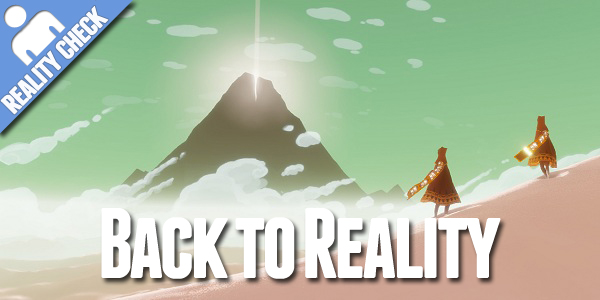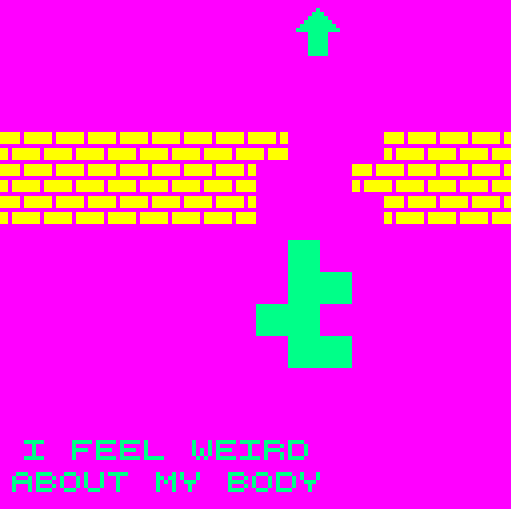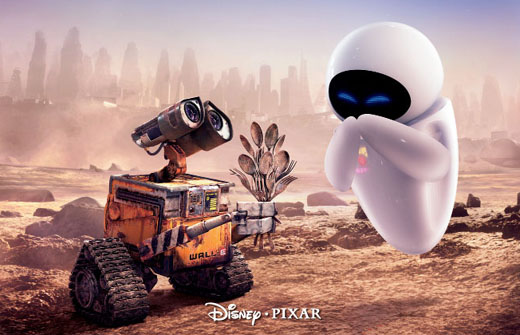
Escape artist.
It would be a mistake to go to Hollywood and expect the Cannes Film Festival, yet that was my impression of E3 coverage this year: complaints about iteration and regurgitation, the awful press conferences from disconnected companies to their disillusioned fans. Maybe we expect too much from what is a corporate trade show: it’s not meant to be a fan convention, no matter how journalists treat it.
Yet the real problems weren’t the underwhelming announcements. They were the ultraviolence, the casual misogyny (and the not-so-casual), the shocking PR. The other week, Craig and I watched the trailer for The Last of Us. It started in the usual smoke and mirrors manner previously seen with Assassin’s Creed and Killzone, where the presenter spends more time sightseeing than playing the way a normal player plays. I watched a man’s face being crushed into a table and another’s head eviscerated with a shotgun. I don’t know what horrified me more: the graphic violence, or the bloodythirsty roars of the reporters watching it.
Misogyny, gratuitous violence… are these the issues games should get us talking about? The games I played as a child were all based on abstract, fantastical concepts: a blue hedgehog rolling inside a pinball machine, an opossum flying into space with a jetpack, geometric shapes aligning and exploding- just because. Despite the occasional real-world elements, beloved games like Outcast and Half-Life were rooted in fantasy and science fiction.
Perhaps it was a lack of technological horsepower preventing the fascimiles of reality that are now commonplace, but I don’t think that’s the case. Operation Flashpoint managed military simulation without the ethical dubiousness of Medal of Honor: Warfacemankiller; games that mimic sports and realistic motor racing have been around since the dawn of the medium. As games develop, it’s natural that they tackle mature issues: not the ‘maturity’ of awkward sex scenes and gruesome depictions of decapitation, but issues that actually matter.
As games are all about taking on the role of someone we can’t be, they are wonderful educational tools: Anna Anthropy’s Dys4ia springs to mind, but there are many others. Games can change the world, and it’s right that they should try. Yet, I spend all day reading about these issues in books and newspapers. My news feeds are filled with so many super serious discussions about games that I almost miss why I started playing them in the first place: pure, selfish escapism.



Games with abstract concepts can be as true for us as games which reflect reality: the worlds created by Pixar in Up and Wall-E reflect humanity rather than reality. It’s not true to say that games need to be grittier, more violent and realistic to tell us about the world and our place in it. Quite the opposite, in fact: games can cut through the cruft, the Hollywood imitation and get to the point. Journey wouldn’t be better set in New York; Child of Eden draws on real-world concepts but creates beauty from the abstract. These games don’t need bludgeon or sicken us to make a point about life.
In Brechtian theatre, a core concept is Verfremdungseffekt: the audience is distanced from the characters, reminded they are watching a play to better understand the social commentary presented. Games like the aforementioned Dys4ia can achieve the same effect by subverting our expectations of a game’s rules, but I also enjoy that games can distance us from the world and let us experience pure entertainment. When the real world bleeds into the game world, that escapism is no longer possible. If I think about how the developers have depicted Lara Croft, I can’t concentrate on her shooting a Tyrannosaurus. Can’t we just give her an average-sized pair of breasts, lock her in a room with a sliding block puzzle and a giant squid, and have some fun?
It seems that publishers would have me trade Halo’s aliens for generic Russians as the enemy of choice, filling them with licensed bullets rather than purple needles. We can’t be on a spaceship: we have to be in Iran, as if that’s meant to serve a purpose besides jingoism. There is a place for both the real and the unreal, the serious and the silly. The only company that truly understands this dichotomy is Nintendo, and yet their games are often derided for being childish. The older I get, the more I am drawn to these games. They remind me of my childhood. Maybe we all need to be reminded of it: there’s a clarity of thought that comes from being in that mental state.
If you want to play realistic games, great. If you want simulated wind to affect the traversal of an imaginary bullet, that’s fantastic- but it’s not for me. I demand the right to fantasy: to ride a dragon through the stomach of an even bigger dragon, to dart through an avalanche on a snowboard while blue light streaks off the tail from an unknown source. I don’t care about the source: I care about the ride.
As much as we think we want ‘real food’ – games dealing with difficult social issues, making us think – let’s not forget that sometimes we need to get away from all that shit as well. I don’t want a game to remind me that I’m single, physically weak and have unrealistic life aspirations. I never stop thinking about those things, and sometimes I’d rather just block them out by blasting space aliens for a few hours.
I want games to educate me about life, without immersing me in its horrors.
The best of gaming opinion, editorial and iconoclasm every week on Split Screen: it’s Reality Check.





